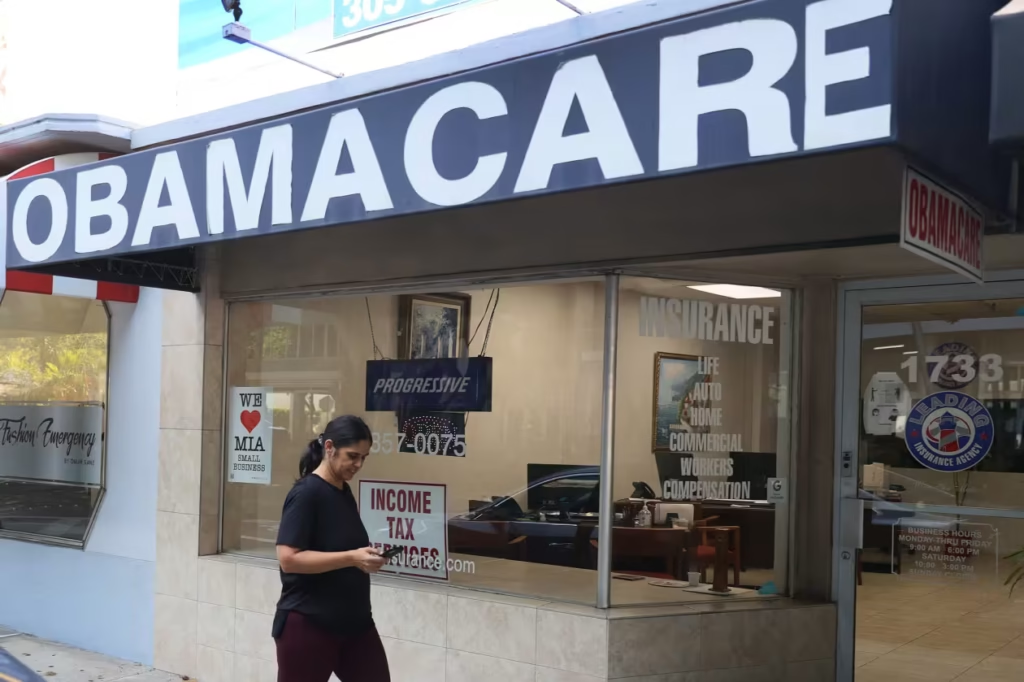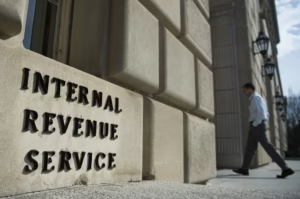The Affordable Care Act’s enhanced subsidies, also referred to as Obamacare, are set to expire at the conclusion of this year. Later this month, in a fight to shut down the government, they might be renewed.
Thanks to the most recent government shutdown struggle, millions of Americans who depend on Affordable Care Act subsidies may soon know if those benefits are ending or being extended.
It is anticipated that the expanded breaks for coverage under what is often referred to as Obamacare would terminate at the end of the year. In the meantime, if a deal to continue funding the government after the current fiscal year ends on September 30, the clock is running out of time to avoid a partial government shutdown on October 1.
Given the 60-vote requirement to enact legislation, Republicans, who hold a 53-seat majority in the Senate, would require Democratic assistance to prevent a shutdown. Subsidies may be useful in this situation.
Chris Krueger of TD Cowen stated in a research note on Monday that “the expiring Obamacare subsidies are one policy area where Democrats are likely to flex some policy muscle.”
Additionally, Krueger pointed out, the GOP might follow suit. “Many congressional Republicans are also eager to extend these subsidies for fear of health-insurance sticker shock in advance of the November 2026 midterms,” he stated.
If lawmakers are unable to reach an agreement, the subsidies, also referred to as the premium tax credit, will not completely disappear. However, if the expired enhancements were removed, the credit’s calculation would become less generous. Additionally, once policyholders surpass a specific income threshold, the tax credit would regain a steep “subsidy cliff” that would terminate its help.
On November 1, the ACA’s health-insurance exchanges will open for enrollment. State health-care exchange directors are calling on lawmakers to take immediate action.
“We … urge Congress to extend the enhanced premium tax credits by the end of September to avoid dramatic increases in health-coverage premiums for tens of millions of Americans, which would result in the loss of health insurance, increased cost pressures for Americans and risks to our local healthcare systems,” they wrote in a letter to congressional leaders on September 2.
According to a KFF investigation last month, insurers that operate in the exchanges have suggested raising prices by about a median of 18% for the upcoming year.
In an interview with Punchbowl News last week, House Speaker Mike Johnson, a Republican from Louisiana and one of the legislative leaders, hinted at the possibility of prolonging the subsidies.
Congress has little over three weeks as of Monday to prevent a shutdown. Like previous partial closures, a shutdown would have an impact on federal employees, tourists, and park visitors. Conversely, stock markets have typically handled shutdowns well.
In his message, Krueger also hinted that if the Obamacare subsidies are not addressed concurrently with the shutdown, a deal to extend them might be reached by year’s end.





